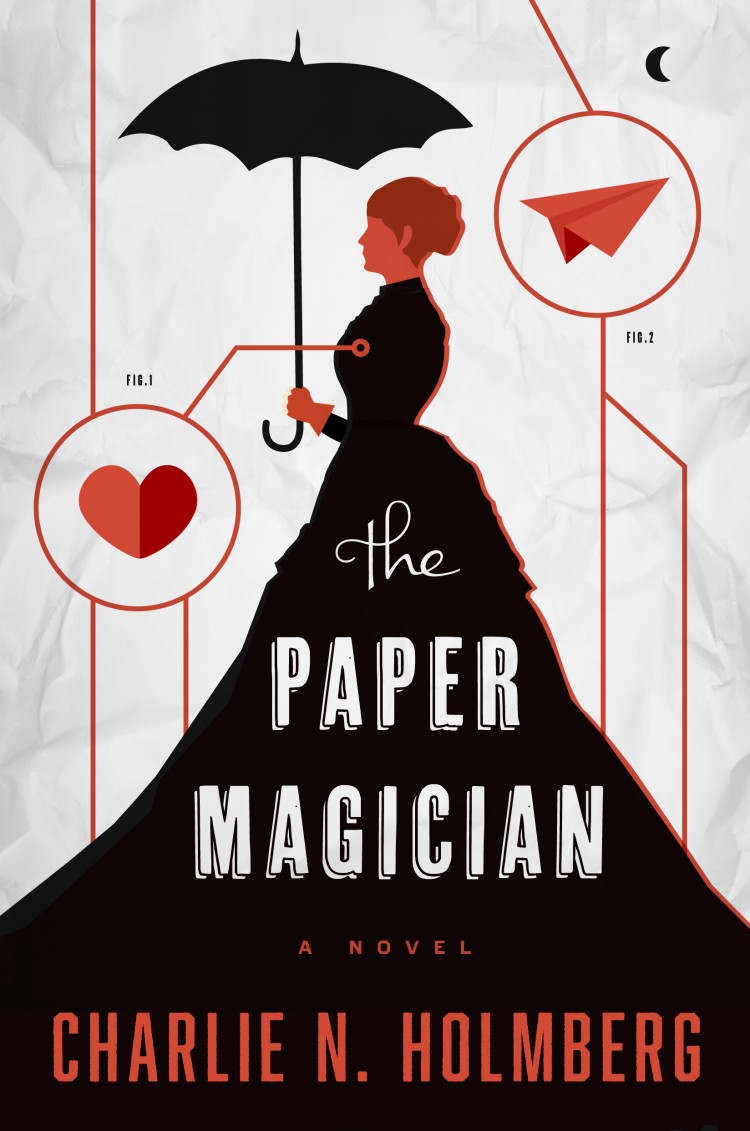
Who gave you the right to judge my mistakes?
Even in our darkest moments or about our most shameful things, we come ourselves against others. Our failures are not as drastic or worth retelling as another’s. Our suffering has not been as painful. Our sacrifices haven’t been as heartbreaking and novel-like. Why do we that? Perhaps its an underlying belief that in all that we do (good or bad), we are not enough. In all that happens to us (good or bad), we are not worthy.
Who gave you the right to judge my mistakes against your own?
——
“Ignorance is bliss” as a concept comes up often. If we could see the world in one seamless, albeit relatively shallow way, everything would make perfect sense. There would be no paradoxes, no bittersweetness. Pure sadness or hate is much easier to understand that emotions that are complex, made out of contradictory elements. This comment from Emory, below, also suggests that faith is simply chosen — to question, tweak, or amend it generally makes it weaker and less useful.
I think life would be much … simpler… if a man could believe in one solid thing, he answered, still not looking at her. Bits and pieces here and there do no good for a man’s soul. Thinking all of it is right or all of it is wrong does no either, just as a magician cannot work all materials. He must choose one. But how does he know? How do these people believe this faith but not the others? Yet, they are happy.
——
One of the coolest moments in this book was when Ceony, the main magical character, gets trapped in Emory’s heart. She wanders around its literal and metaphorical chambers, exploring the past, desires, doubts, and changes. The beautiful, evil antagonist chases her through this backdrop.
A heart that’s known love is stronger than one that hasn’t, did you know that?
The full form of this is “a heart that has known love,” which seems to refer only to hearts that have loved and been loved in the past, but one or both of those statements are no longer true. Is there an implication that heartbroken is far more potent than love?
Perhaps in a heart, knowledge was more stable than memory or thought.
As Ceony wanders around in the heart, the surroundings change based on how all of the characters feel and act, with some relation to the part of the heart they are in (past, present, desires, fears). She comments that knowledge is more stable because the places of the heart about knowledge, such as the library, seem to be a stronghold against the antagonist, while memories and aspirations, good or bad, change easily when new characters enter into that area of the heart.